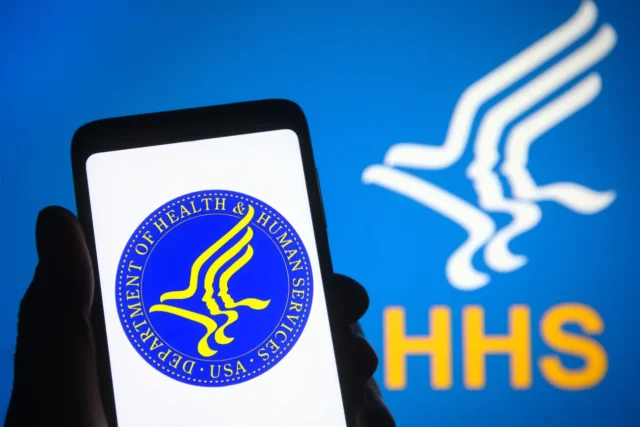The final Medicare Physician Fee Schedule for 2026 has now taken effect. Under the new rule, Center for Medicare Services (CMS) finalized two separate Medicare conversion factors depending on participation in a qualifying Alternative Payment Model (APM). For physicians who do not qualify as APM participants, the 2026 conversion factor is $33.4009, representing a 3.26%
Rural Health Funding: At Least $147M Headed to Each State in 2026
The Trump administration announced a new $50 billion rural health transformation program that will send between $147 million and $281 million to each state beginning in 2026. The funding, administered through Centers for Medicare & Medicaid Services, is designed to improve rural health outcomes by restructuring care delivery. States will be required to meet specific…

Top Red Flags in Physician Employment Agreements (2025 Edition)
Residency contract season is in full swing, and early-career physicians are starting to receive the first wave of employment contracts for 2026 (or even 2027) start dates. At the same time, hospitals and private practices are rolling out updated contract templates that reflect a rapidly shifting financial, regulatory, and reimbursement environment.
Across the resident, fellow…

Healthcare Non-Competes: Fall 2025 Update
Since the last update regarding non-compete agreements in healthcare, there have been recent developments over the past few weeks, both in the courts and with the Federal Trade Commission (FTC), that have brought some clarity on restrictive covenants for healthcare professionals. At the federal level, the FTC is ramping up case-by-case enforcement, with a focus…

What the Government Shutdown Means for Physicians
As of October 1st, the federal government is officially shut down after Congress failed to pass funding legislation. While the biggest direct impact will certainly be on furloughed federal workers and government agencies, if your practice relies on Medicare or Medicaid, or you are involved in research, there are ripple effects worth understanding.
What Stays
…
A Personal Message on My Retirement
A personal message from Mike Cassidy on his retirement.…
Update: HIPAA Final Rule on Reproductive Health Privacy

The U.S. Department of Health & Human Services (HHS) issued a Final Rule in April 2024 amending the HIPAA Privacy Rule to strengthen protections for reproductive health care information. The goal was to prevent medical records from being used to investigate or penalize patients or providers for seeking or offering lawful reproductive care.
However, in…
When Your New Job Isn’t What You Signed Up For: A Physician’s Guide
Most physicians put significant thought and effort into reviewing and negotiating their employment contracts before signing. But what happens when you’ve started your new position, and now you’re noticing red flags: the call schedule is heavier than promised, your bonus formula doesn’t match what you understood, or the support staff and resources you were promised…

CMS Unveils 2026 Physician Fee Schedule Proposal: Key Changes Ahead
On July 14, the Centers for Medicare & Medicaid Services (CMS) released its proposed rule for the 2026 Physician Fee Schedule. As expected, there are several meaningful updates that providers, practices, and health systems should be aware of.
One of the more significant changes is that CMS will split the conversion factor into two separate…
DOJ and HHS Launch New False Claims Act Working Group to Target Healthcare Fraud
The U.S. Department of Health and Human Services (HHS) and the Department of Justice (DOJ) have jointly announced the launch of a reinvigorated DOJ-HHS False Claims Act Working Group aimed at enhancing interagency coordination around key fraud enforcement priorities in the healthcare space. This initiative underscores the federal government’s ongoing reliance on the False Claims…